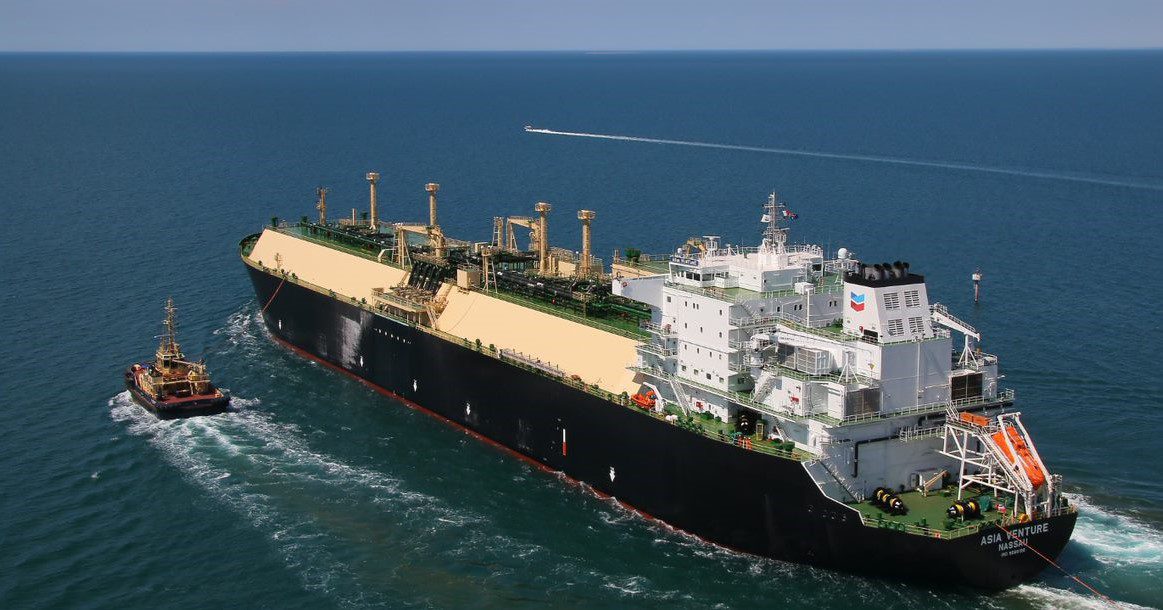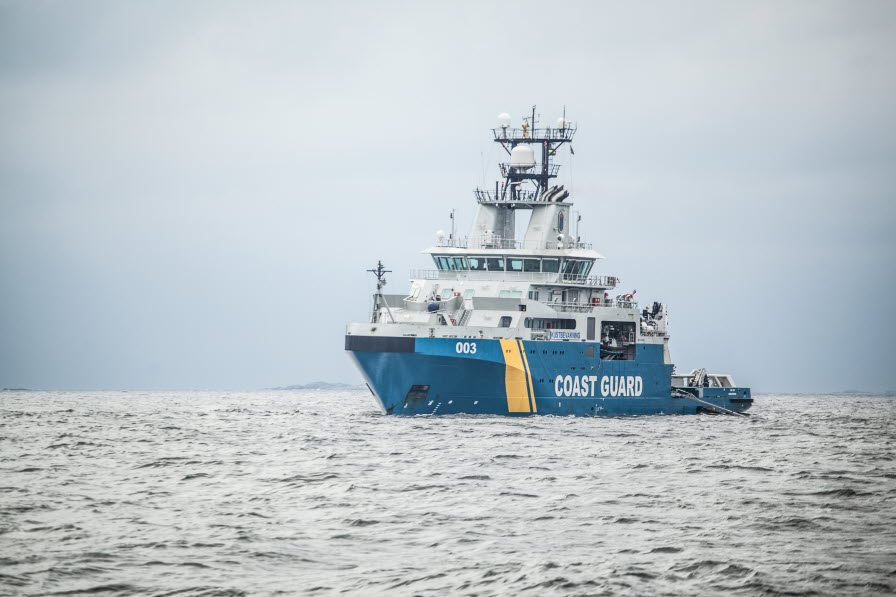Chevron Shipping Company has joined the Sea Cargo Charter, a big corporate lobby group led by a senior Cargill executive that is tasked with “improved decision-making in line with International Maritime Organization’s decarbonization targets“.
The Sea Cargo Charter establishes a common baseline to quantitatively assess and disclose whether shipping activities are aligned with adopted climate goals. The Sea Cargo Charter is consistent with the policies and ambitions adopted by the International Maritime Organization (IMO), a specialized agency of the United Nations responsible for regulating shipping. This includes its ambition for greenhouse gas emissions from international shipping to peak as soon as possible and to reduce shipping’s total annual greenhouse gas emissions by at least 50 percent of 2008 levels by 2050.
“The Sea Cargo Charter provides a global standard for reporting shipping emissions that advances the decarbonization of the maritime industry,” said Mark Ross, president of Chevron Shipping Company. “We are excited to join and partner with Sea Cargo Charter to enhance the transparency and accuracy of reporting which will promote responsible environmental performance.”
“We are very pleased to welcome Chevron in the Sea Cargo Charter. As a large multinational corporation and an oil major, we look forward to their contribution to our shared goal. It is a real pleasure to see another industry leader joining the Charter thus committing to our objective to decarbonize shipping,” said Jan Dieleman, chair of the Sea Cargo Charter Association and president of Cargill’s Ocean Transportation business.
The development of the Sea Cargo Charter has been led by global bulk commodity shippers – Anglo American, Cargill Ocean Transportation, Dow, Norden, TotalEnergies, Trafigura, Euronav, Gorrissen Federspiel and Stena Bulk; with expert support provided by the Global Maritime Forum, Smart Freight Centre, University College London Energy Institute/UMAS, and Stephenson Harwood. The Sea Cargo Charter is intended to evolve over time as the IMO adjusts its policies and regulations to the changing environmental landscape.
Based in San Ramon, California, Chevron Shipping transports crude oil, liquefied natural gas, and refinery products. Chevron in October set a target to cut operational emissions to net-zero by 2050, joining a list of energy companies taking steps to reduce their carbon footprint.

 Join The Club
Join The Club











